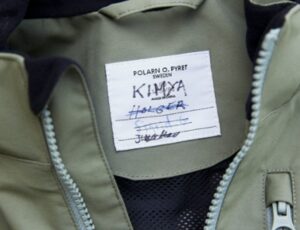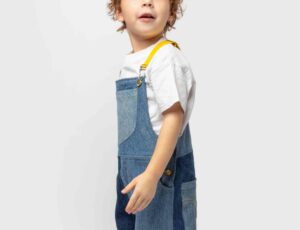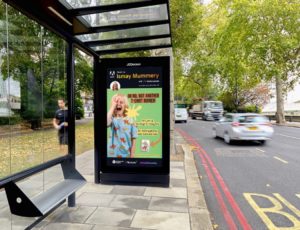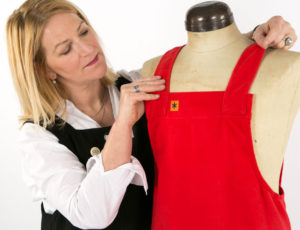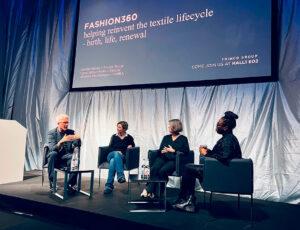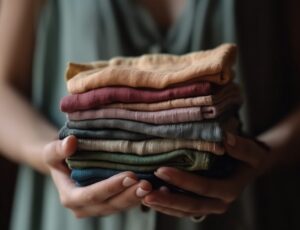Future Fashion Factory supports 12 more sustainable fashion and textile innovation projects
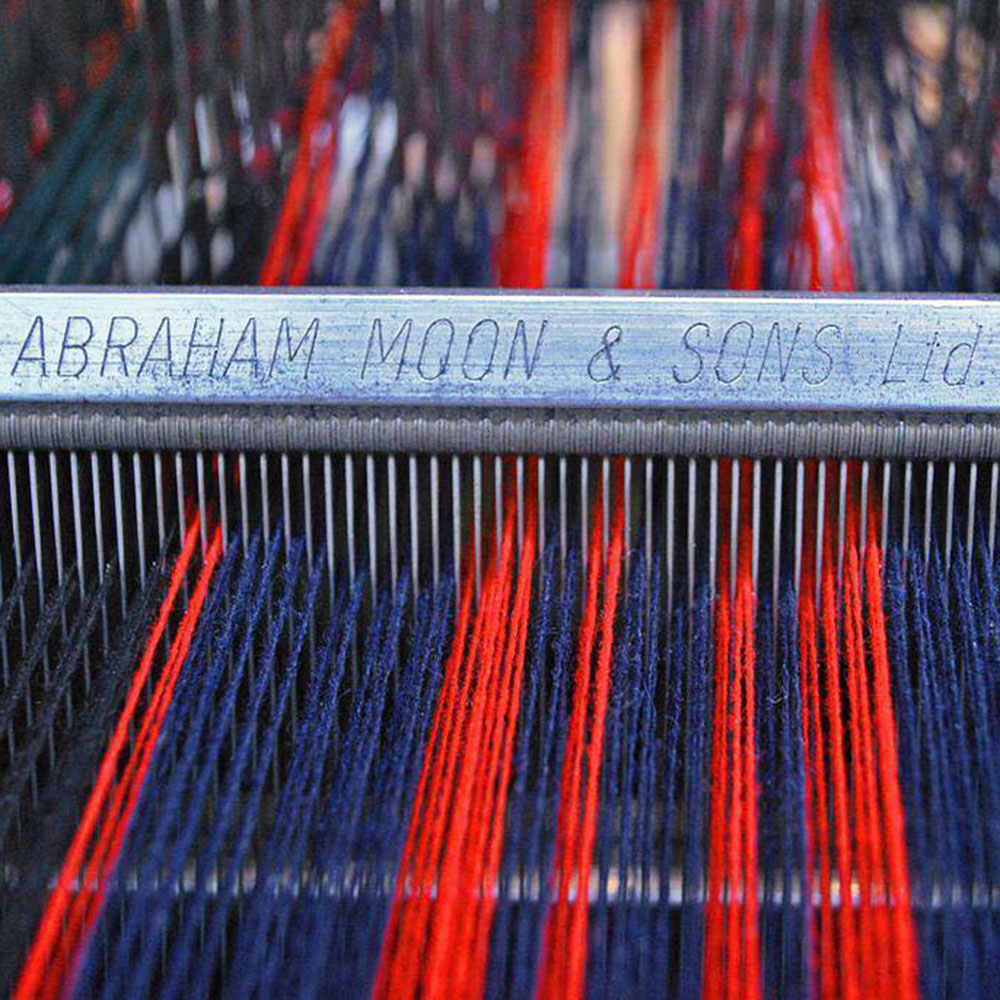
Twelve collaborative R&D projects were successful in Future Fashion Factory’s latest round of R&D grant funding, taking the total investment in fashion and textile innovation secured so far to just over £3.3 million.
Embracing a variety of tools and approaches to achieve agile, profitable, sustainable fashion and textile manufacturing in the UK, the projects enable businesses to solve pressing industry challenges through collaborative research with industry and academic partners.
Independent fashion brands, heritage Yorkshire mills and manufacturers are among the successful businesses.
Together they are addressing challenges such as using waste as a raw material in a circular economy and integrating AI into intelligent data-driven design and manufacturing. Plus, developing the UK’s agile manufacturing and product development capabilities to support re-shoring.
Future Fashion Factory is part of the Creative Industries Clusters Programme, an £80 million initiative led by the Arts and Humanities Research Council (AHRC), part of UK Research and Innovation (UKRI). Leading the Programme is the University of Leeds in partnership with the University of Huddersfield and Royal College of Art.
Projects will tackle challenges including:
- Communicating accurate colour information digitally without sending physical yarn samples (Abraham Moon & Sons)
- New tools and technologies enabling UK fashion ‘micro-factories’ (Assyst Bullmer)
- Testing the user journey for an AI-driven virtual bra fitting service (Brarista)
- Integrated, intuitive, user-customized design platform for fashion creatives (Digitoile)
- A circular manufacturing process for sustainable running shoes (Hylo Athletics)
- A robotic prototype of a combined digital-design-engineering system for 3D weaving (Optima 3D)
- Developing AI and machine learning to automate factory planning (Pennine Weavers)
- An advanced, circular swimwear material made from waste synthetic sportswear (RubyMoon Gym to Swim)
- High-quality yarns for the luxury fashion market from Yorkshire-grown hemp (SeFF Fibre)
- Biodegradable sequins made from waste and industrial by-products (The Sustainable Sequin Company)
- A new weaving facility to test cutting-edge performance fabrics in the UK (Vorteq Sports)
- A proof-of-concept collection of 3D-woven trousers (Weffan)
Commenting is Professor Stephen Russell, director of Future Fashion Factory. “The fashion and textile industry has a huge role to play in achieving Net Zero and tackling other environmental challenges, as well as in creating economic opportunities by supporting the sustainable growth of design and manufacturing in the UK.
“These projects reflect the commitment of businesses to innovation that will help the industry meet these ambitions by reducing waste, using alternative materials, and enabling accurate digital communication about garments and fabrics so that only what is necessary, is made.”
For further information, please click here.






